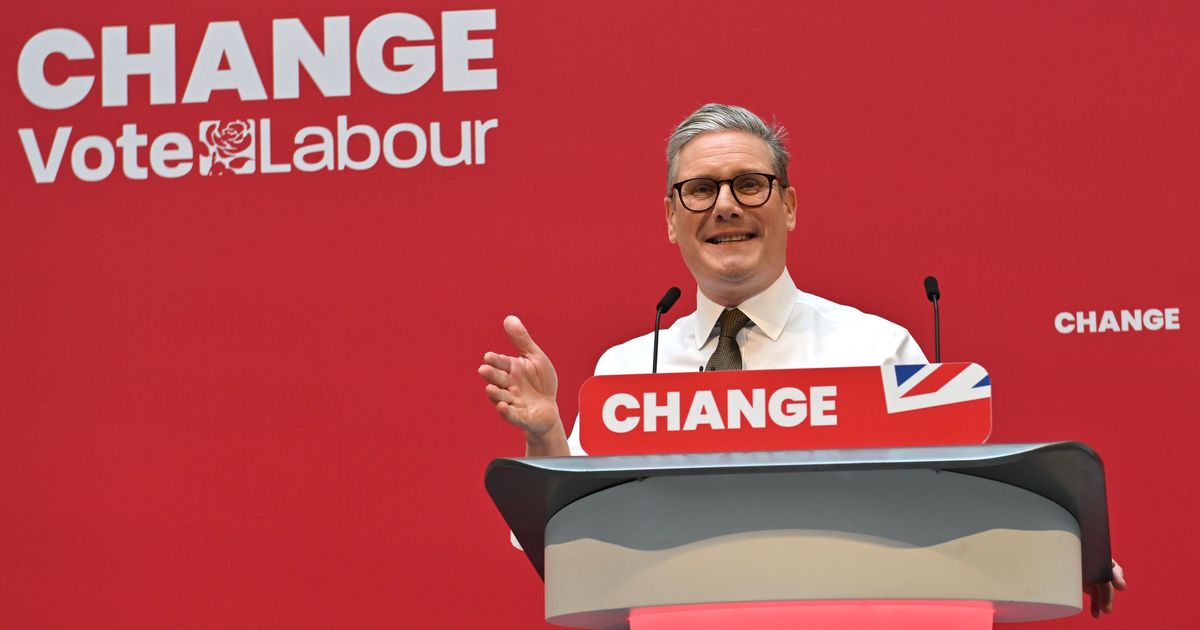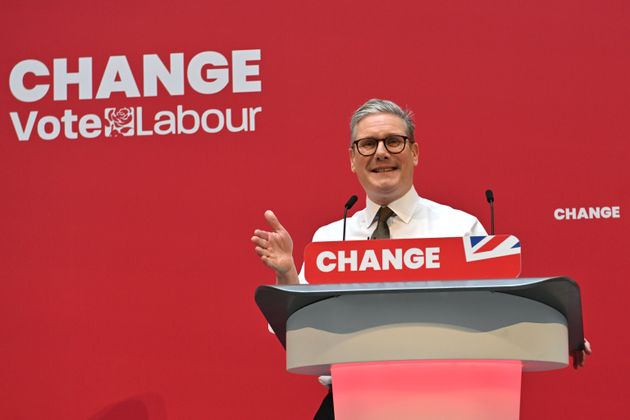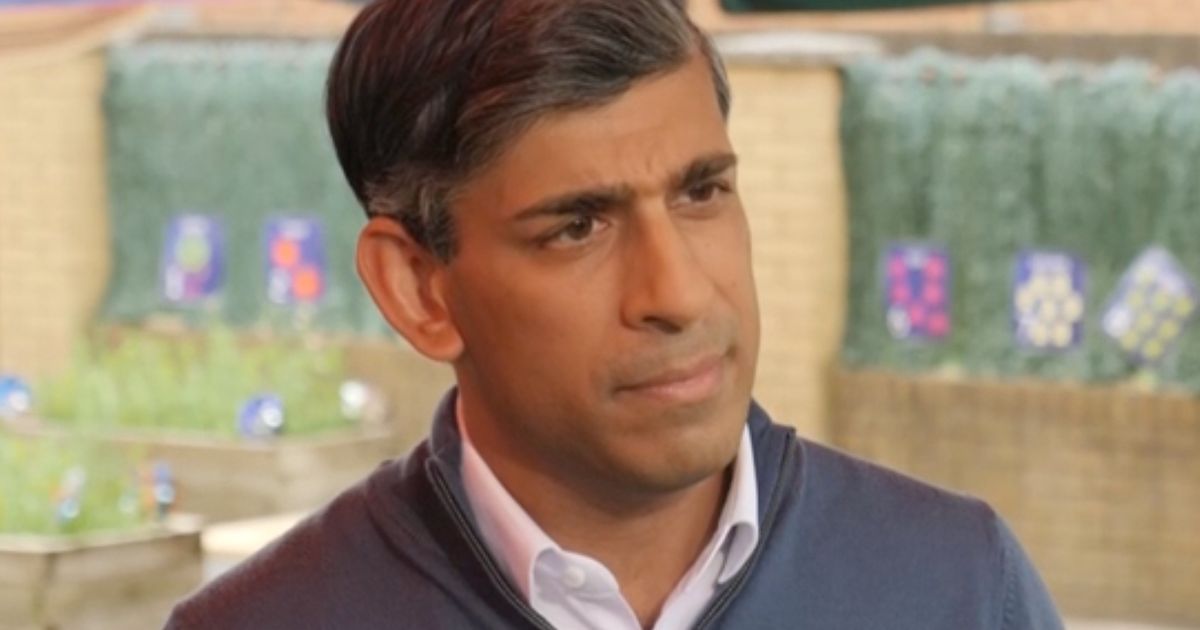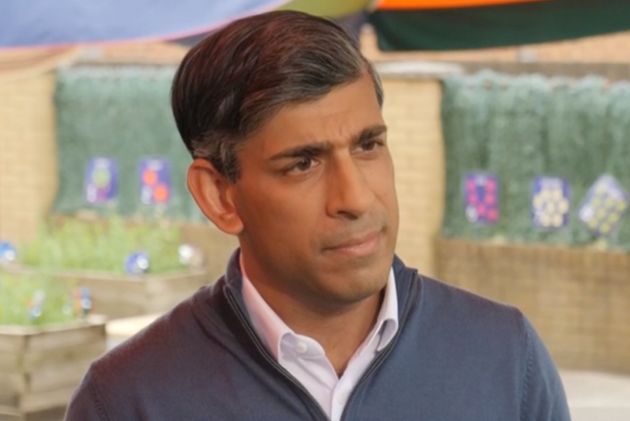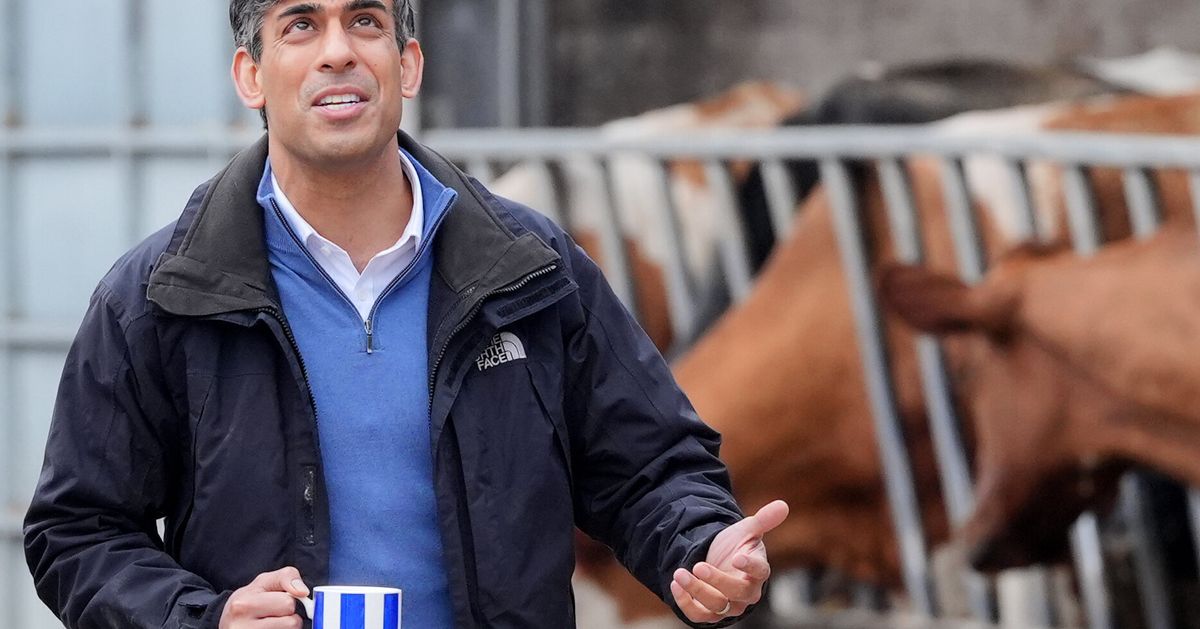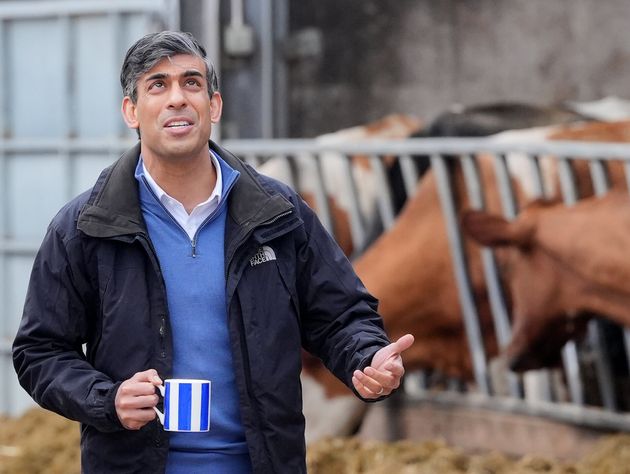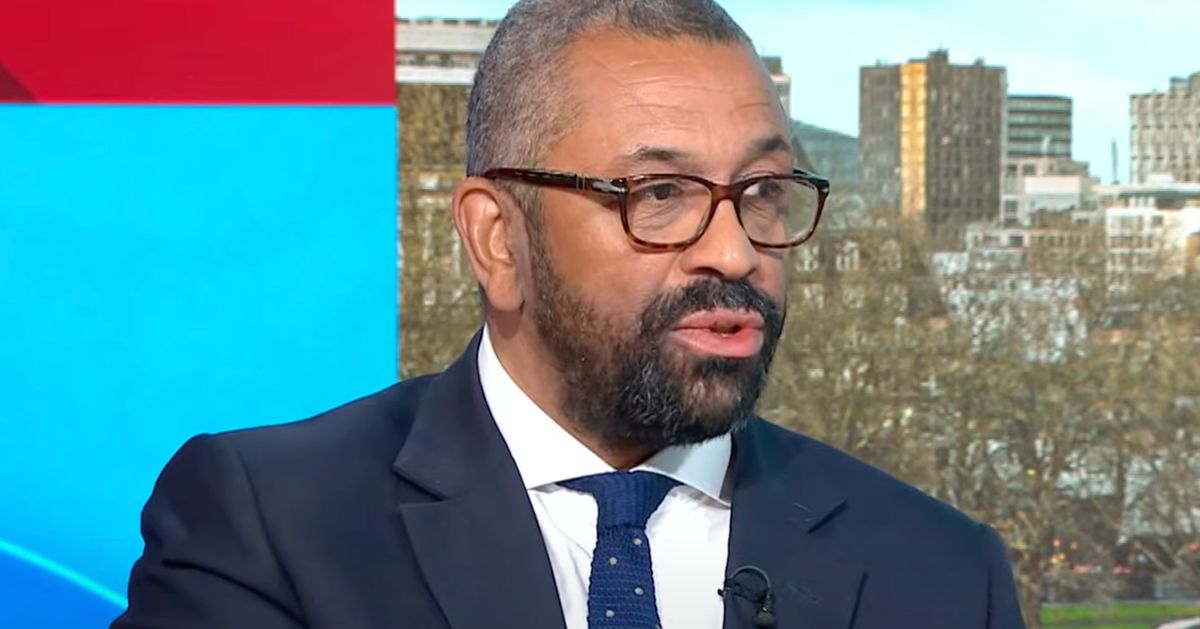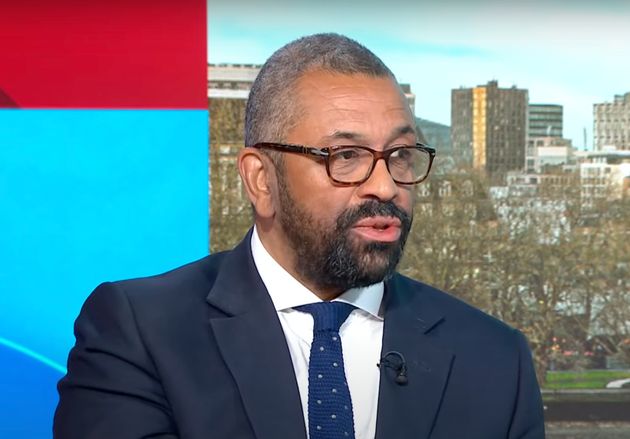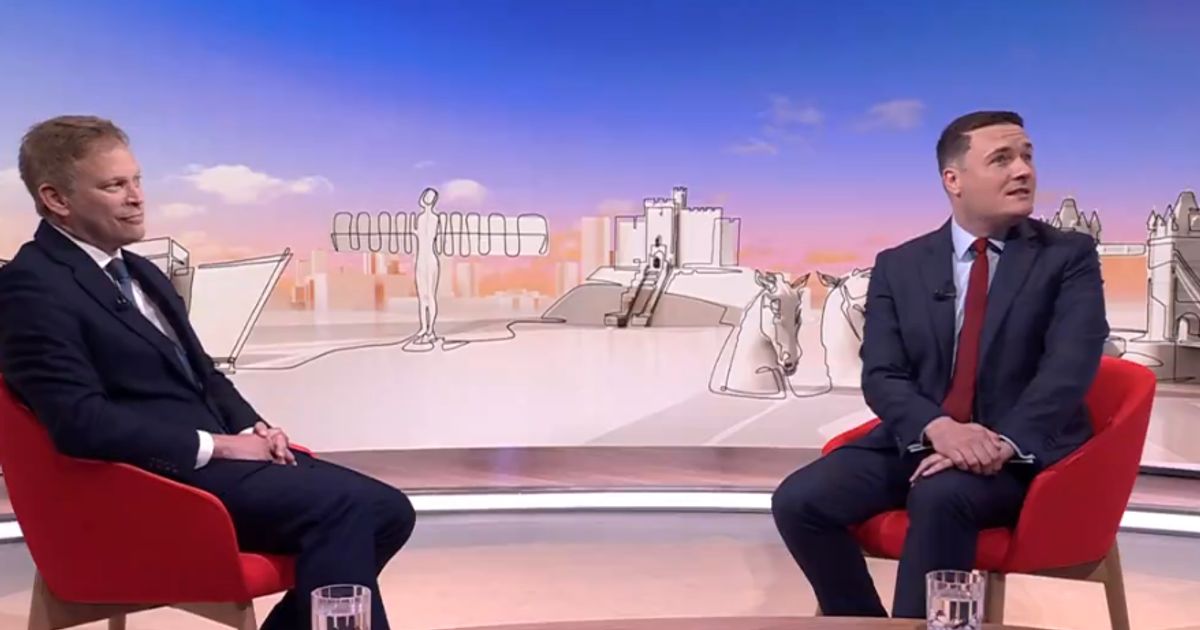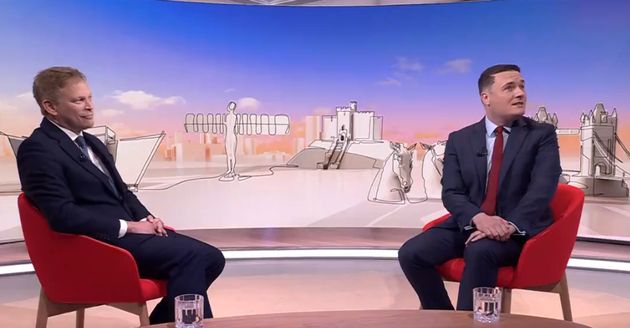Labour won by a landslide while the Tories had some of their worst ever results – but this election also painted a very complex picture for Westminster.
Five independents were elected, while the rise of the Liberal Democrats, Reform UK and the Green Party show that last night was not just a tale of two parties.
Advertisement
Here’s a look at all the main stories from overnight.
1. Huge Labour victory
With a couple more seats still to be counted, the party took a whopping 412 seats, only six fewer than it did when Tony Blair was the helm in his famous landslide of 1997.
That works out to a gain of at least 211 seats compared to the 2019 general election.
It means a comfortable majority is ahead for Keir Starmer, as Labour were the largest party in England, Scotland and Wales.
The so-called “red wall” in the North of England was completely restored, too.
However, it’s not all plain sailing – Starmer comes to office on the smallest share of the vote of any winning party in UK history as the votes were widespread across many constituencies but not particularly high in number in any seats.
Only 33.7% of voters backed the supposedly reformed Labour, just 1.6% higher than his predecessor Jeremy Corbyn secured in 2019 when he famously lost.
Advertisement
That seems to reflect the general sentiment that support for Labour was more of an anti-Tory tactic rather than an endorsement of Starmer and his party.

Carl Court via Getty Images
2. Drop in Muslim support for Labour
The party’s flip-flopping over the Israel-Hamas war in Gaza has had a profound effect on its Muslim supporters.
In constituencies with a large Muslim demographic, support declined by around 23 points to 39%.
But this gave way to the rise of the independents, like ousted Labour leader Jeremy Corbyn who was re-elected into his constituency of Islington North.
In fact five pro-Gaza independent candidates were elected in total, outnumbering the total Reform UK candidates.
Advertisement
3. Worst Tory defeat in history
Rishi Sunak may have comfortably held onto his seat in North Yorkshire, but he was easily the biggest loser of the night.
He led the Conservative Party into its worst electoral defeat ever seen, losing 250 seats.
The Tories secured just 121 constituencies as the party’s vote share fell by 19.9 percentage points to 23.7%.
For comparison, John Major’s Conservatives won 30% of the vote share when they endured a huge defeat in 1997.
They will now have zero seats in Wales, and only one in the North East of England and one in the North West.
Many previously “safe” Tory seats were lost overnight, including four of the five constituencies were the last five Conservative leaders were elected.
Advertisement
David Cameron’s Witney went to the Lib Dems as did Theresa May’s Maidenhead.
Meanwhile Boris Johnson’s Uxbridge and South Ruislip, and Liz Truss’s South West Norfolk both went red for Labour.
And then there were 11 shock defeats for serving cabinet ministers – and the ousting for former PM Truss.
The share of the vote particularly fell in areas where high numbers backed leaving the EU.
The dramatic night means there’s likely to be a brutal battle to shape the party now, as Tories struggle to decide whether to pull it further right or into the centre.

Christopher Furlong via Getty Images
4. Best Lib Dem result since 1923
The party has secured 71 seats – a whopping increase compared to the 2019 election, where they had only eight, and beating their 2005 record of 62.
Advertisement
They’ve won both new seats and old constituencies back – and ousted four cabinet ministers – albeit on just 12% of the vote share.
The Lib Dems also secured constituencies once held by former PMs David Cameron and Theresa May in their campaign where they targeted Tory areas.
It’s a far cry from the 2019 result when the party leader Jo Swinson unexpectedly lost her seat.

Gareth Fuller – PA Images via Getty Images
5. SNP in chaos
The Nationalists, who have completely dominated Scottish politics since 2014, secured just nine seats in a major blow to the project for independence.
That’s a drop of 38 representatives in Westminster, with many of their seats going to Labour and a handful going to both the Lib Dems and the Tories.
Advertisement
The SNP’s share of the vote has therefore fallen by 15 points – while Labour’s has increased by 17 in Scotland.
But it’s not a complete wipeout, considering the party still commanding a minority government in the Scottish parliament in Holyrood.
Yet, those seats could soon be at risk in the 2026 devolved election, depending on how Labour’s first few years in parliament goes.
Labour will also have to grapple with the increase of independence supporters among their voters.
6. Reform get a foothold in the Commons
The populist party took votes from the collapse of the Conservative support in many places, secured its first four elected MPs ever.
Party leader Nigel Farage won a seat for the first time (after seven failed attempts over the years) and Tory defector Lee Anderson – the party’s first ever representative in the Commons – was re-elected.
Advertisement
Reform chair Richard Tice and Rupert Lowe were elected, too.
Considering how quickly Reform has managed to gather support – Farage only entered the race two weeks after the election was called – the populists claim they will be able to put serious pressure on Labour in the next five years.
Farage has previously said he wants his party to be the main opposition to Keir Starmer’s party by the time of the next election, and last night said: “We’re coming for Labour, be in no doubt about that.”
7. Green Party get most MPs ever
With four MPs in Bristol Central, Waveney Valley, North Herefordshire and Brighton Pavilion, the Greens had their best set of results ever.
Until now, the party has only ever held the East Sussex constituency of Brighton Pavilion, giving them just one seat in parliament.
But last night, the party’s co-leader Carla Denyer overturned Labour’s shadow culture secretary Thangam Debbonaire with a 10,000 majority.
Advertisement
The other co-leader Adrian Ramsay defeated a 22,000 Tory majority in Waveney Valley, with a swing to the Greens of 32.1%.
Overall, it is expected to take 7% of the overall vote share – more than double what it secured in the 2019 election.

Jonathan Brady – PA Images via Getty Images
8. Sinn Fein hold on
The Republican party held onto its seven seats in Westminster, although it does not take them in protest to Northern Ireland being part of the UK.
It means most of the NI seats in Westminster will remain empty.
Sinn Fein is already the largest in local government and in the devolved government of Stormont.
And while the Democratic Unionist Party lost three of its eight seats, with supporters moving to other unionist parties, there was not a noteworthy shift in the vote share between Unionists and Nationalists.
Advertisement
9. Fall in overall voter turnout
This was the second lowest turnout ever recorded with only 60% of the electorate turning up, rivalled only by the 59% seen in 2001.
That suggests apathy and frustration may be more prevalent among the electorate than politicians realise.











